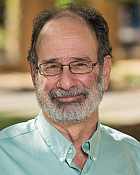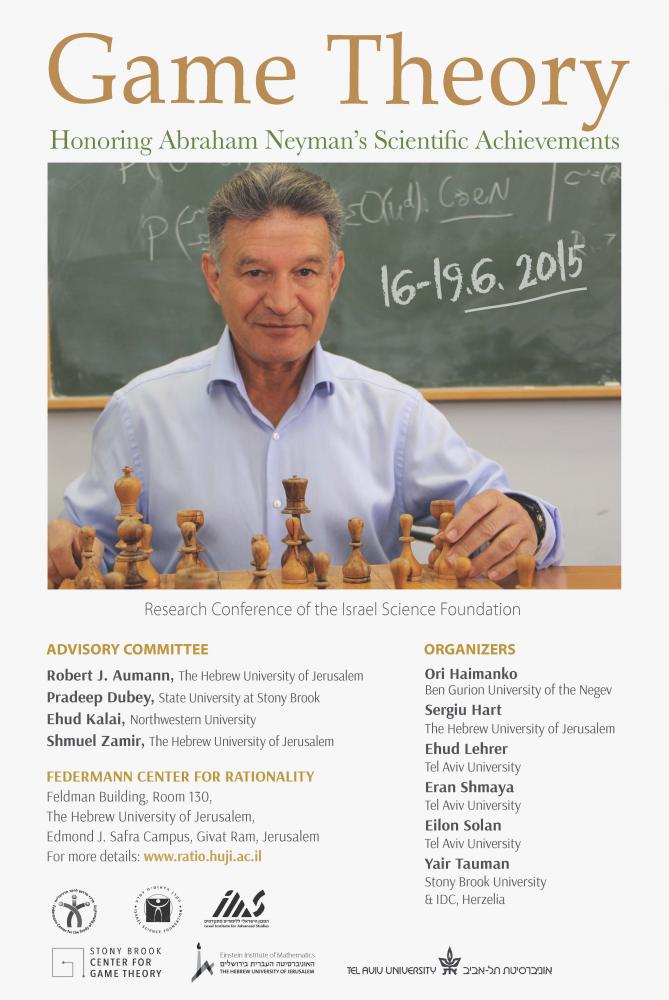Prof. Scott Duke Kominers: ‘There are many new areas of market design worth exploring’

Prof. Scott Duke Kominers is a Junior Fellow at the Harvard Society of Fellows, a Research Scientist at the Harvard Program for Evolutionary Dynamics, and an Associate of the Harvard Center for Research on Computation and Society. He also will be a General Co-Chair at AMMA 2015, The Third Conference on Auctions, Market Mechanisms and Their Applications. We talked with him about the upcoming conference and about the most interesting potential areas in market design and the challenges this field will face in the near future.
AMMA 2015 will be held August 8-9, 2015 in Chicago. What will the main focus of the conference be?
AMMA focuses on the theory and practice of market design, at the intersection of economics, computer science, operations research, and applied math.
What are, in your opinion, interesting potential areas researchers in the field of market design should take into account?

Market design has already proven useful in addressing real-life problems in settings like school choice, entry-level labor markets, kidney exchange, and auction design. Financial market design has flourished recently, as has the design of intellectual property markets. Personally, I am especially excited about “generalized matching,” which blends together ideas from matching and auction theory to show how markets with complex contract structure can be cleared using relatively simple mechanisms. I think there’s a lot of potential for generalized matching mechanisms to be useful in new real-world applications. In addition, there are many new areas of market design worth exploring: market designers are starting to think about the structure of healthcare marketplaces and adoption services. And of course, online platforms are everywhere. Furthermore, a popular press book on market design has just been published: http://www.hmhbooks.com/whogetswhat/index.html.
What challenges do you expect market design will face in the near future?
I think one of the greatest challenges going forward is about translation: we need to find good ways of teaching what we know about marketplace design to policymakers, entrepreneurs, and other practitioners. In some cases, there is work to be done in understanding how to simplify our mechanisms in ways that would make them more accessible to their users. Meanwhile, on the research side, market design has traditionally mixed powerful theory with empirical analysis, experiments, and computational methods. As we build more and more technical facility with our existing tools, and as we add new approaches to our toolkits, it is increasingly challenging – but also increasingly important – to make sure that we let real-world structure guide our methodological choices in applied work.




 Professor
Professor 









